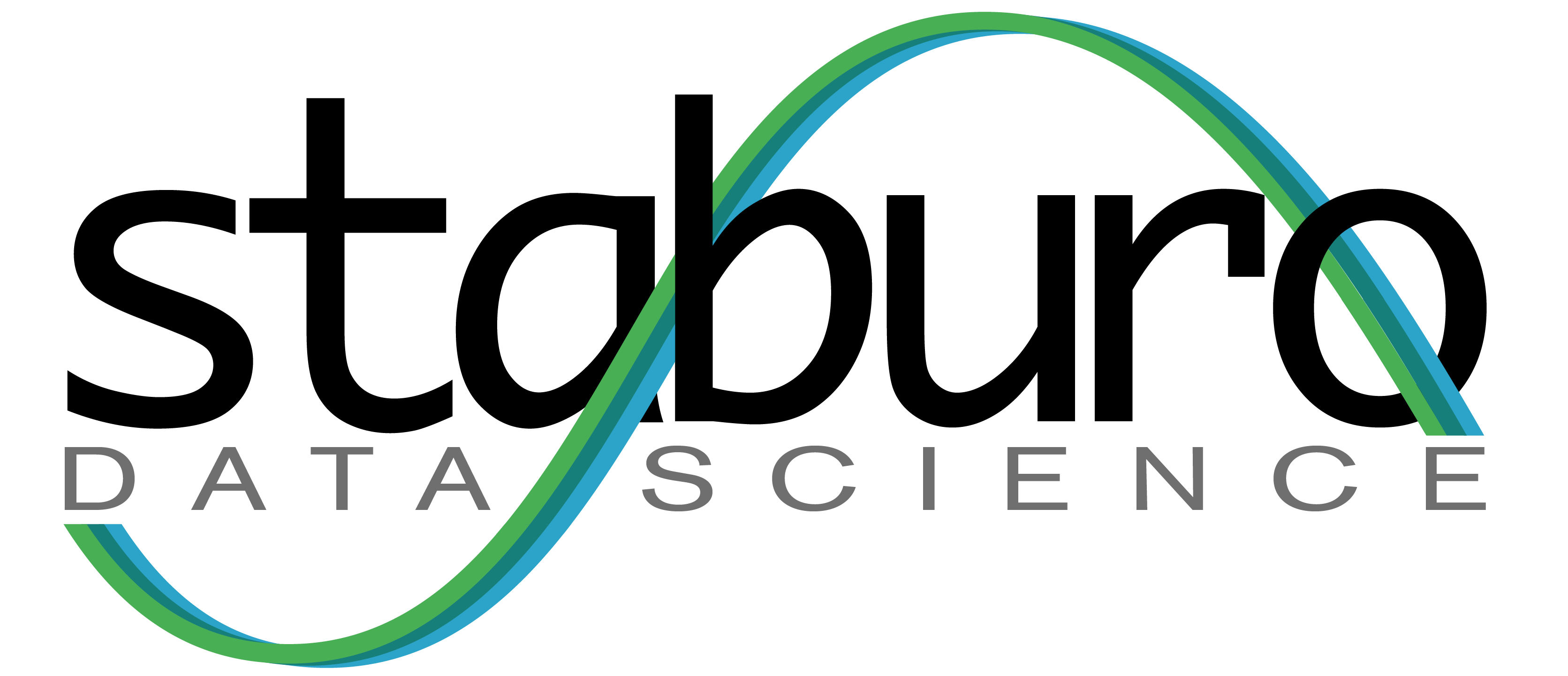
Students from the University of Copenhagen visited Staburo

Students from the University of Copenhagen visited Staburo
Nine Master students from the University of Copenhagen visited Staburo as part of their Statistical Study Trip to Munich.
After a welcome from our Managing Director Josef Höfler, the students learned more about how statistics is applied in the “real world”. Many topics were covered, including biostatistics, programming, consulting and precision medicine. After an office tour and a short overview on potential Master and PhD theses, the students discussed with our employees about what it is like to work as a statistician in a company.
We had a great time presenting the various exciting areas of work at Staburo. If you are also interested in our expertise, do not hesitate to contact us.





Recent Comments